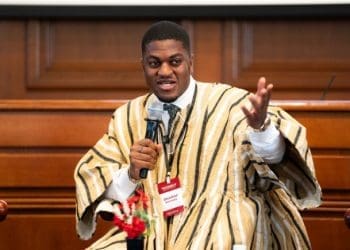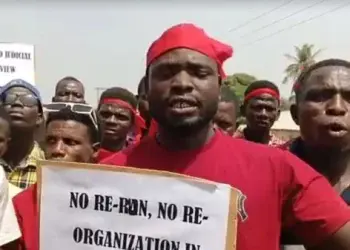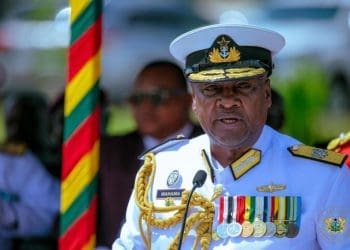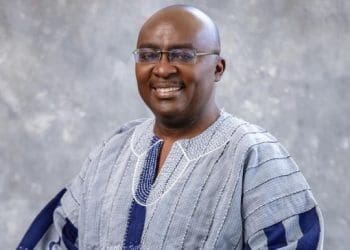Former President Nana Addo Dankwa Akufo-Addo has accused the global financial system of trapping Africa in a cycle of unsustainable debt while punishing the continent with exorbitant interest rates.
Speaking in Brussels on Thursday, October 2, 2025, at the AU-EU High Level Seminar ahead of the AU-EU summit, he described Africa’s $1 trillion debt burden as not only an economic crisis but also “a moral indictment” of the international order.
“The system is not built to free us. It is built to bind us,” he told a packed audience of policymakers and global finance leaders, urging them to summon the courage to reform a regime that forces African governments to choose between paying creditors and protecting their citizens.
Debt versus development
The former President cited stark research showing that more than 30 African countries now spend more on servicing interest payments than on public health.
“Every dollar diverted to creditors,” he argued, “is a dollar taken from a hospital, from a child’s vaccination, from a community’s future.”
Akufo-Addo decried the inequity of lending terms that leave African borrowers paying double or triple the rates imposed on wealthier nations.
Such terms, he said, transform loans into shackles rather than lifelines. “This is inequity, not economics,” he declared.
A call for justice, not charity
Renewing his long-standing advocacy for debt cancellation, the former President insisted that debt relief must not be seen as an act of benevolence but as an obligation of fairness. “Justice delayed is justice denied,” he stressed.
He proposed a bold new framework—Debt Relief for Green Investment and Resilience—which would tie debt cancellation directly to investments in climate adaptation and sustainable growth.
Many of Africa’s current debts, he noted, were accumulated in response to climate shocks caused by forces beyond the continent’s control.
Linking debt relief to climate reparations, he argued, was in line with the moral duty recognised by the International Court of Justice.
Lessons from Ghana’s experience
Reflecting on Ghana’s 2023 restructuring under the G20 Common Framework, which included a $13 billion Eurobond overhaul, Akufo-Addo said the process had exposed the deep structural weaknesses of the global system.
He described the framework as “fundamentally flawed,” pointing to the absence of binding rules to ensure equitable burden-sharing among all creditors, public and private.
Without such rules, he warned, Africa’s debt crisis will only deepen.
An appeal to Europe and the G20
Akufo-Addo called on European leaders, who collectively hold four seats at the G20, to support South Africa’s current G20 presidency in advancing more ambitious reforms.
His recommendations included immediate suspension of debt service payments, comprehensive restructuring, and a shift from voluntary processes to a binding global compact that requires all creditors to participate.
A global imperative
In closing, Akufo-Addo underscored that resolving Africa’s debt crisis is not just a continental concern but a strategic choice for global stability and shared prosperity.
“When Africa rises free from the weight of debt,” he said, “the whole world rises with it.”












